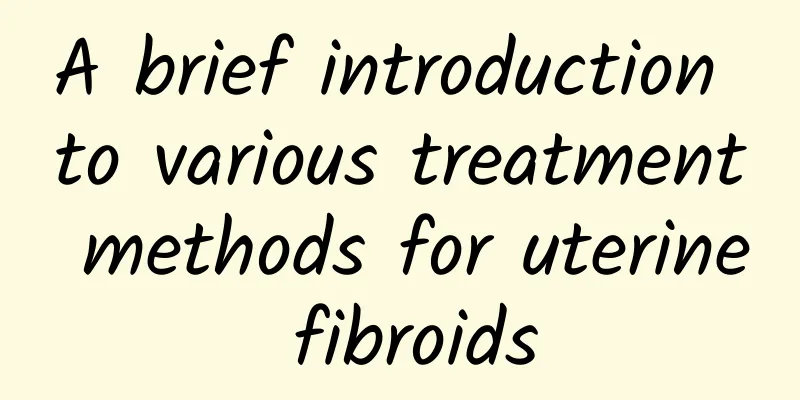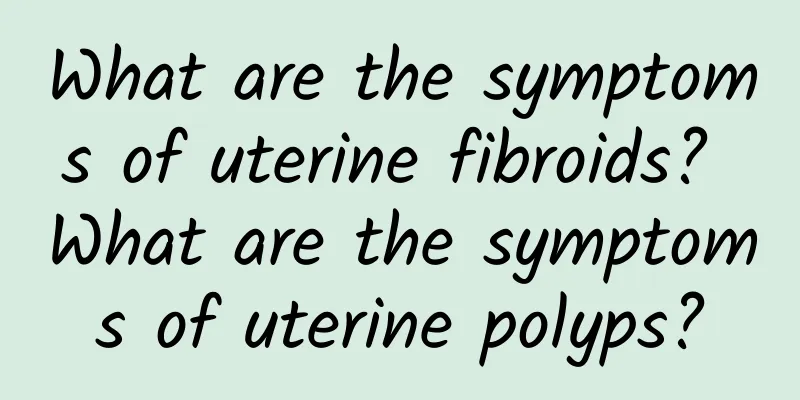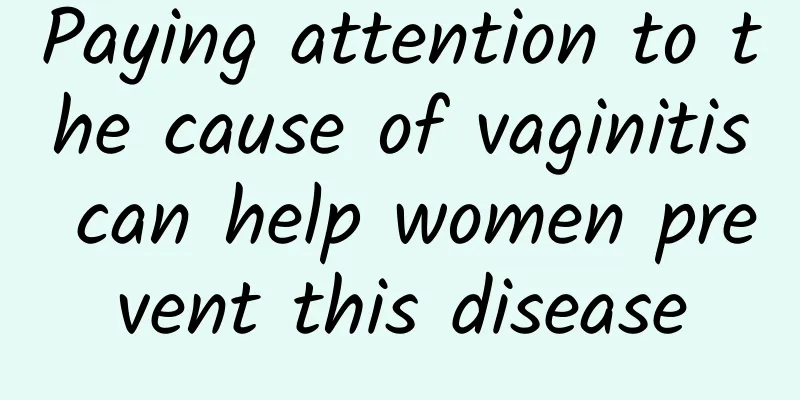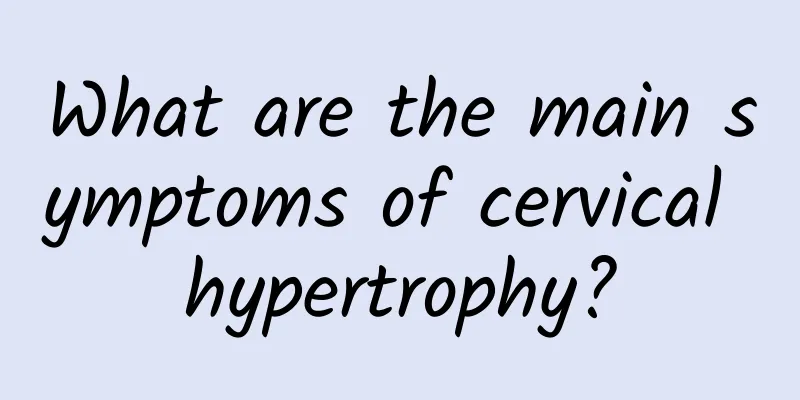When is the best time for painless abortion?

|
Pregnancy is a good thing for everyone, but not everyone thinks that pregnancy is a good thing under any circumstances, especially in the case of unexpected pregnancy. Most people will choose to endure the pain of giving up after an unexpected pregnancy, but abortion has a time limit, so when is the best time for painless abortion? We all know that abortion can have a great impact and harm on women's bodies, but since we have decided to do a painless abortion, we must minimize the risks and protect women's bodies from some unnecessary harm, so we must master the time of abortion and take measures at the best time for abortion. We will minimize all risks. We know that painless abortion cannot be performed at any stage of pregnancy. Generally speaking, the best time is the first 9 weeks of pregnancy, but the final time needs to be determined based on the results of preoperative examinations. If the embryo is too large or even has bones, it is impossible to suck it out with the largest straw. At this time, you can only use drugs or water bags to induce labor in the hospital. After the embryo and most of the placenta are discharged, the uterus can be cleaned. In clinical terms, anything can happen during the abortion process, but the specific situation still varies from person to person, which has a lot to do with many factors. If the induction of labor fails, forceps curettage should be considered, that is, using instruments to directly scrape the embryo and placenta uterus. This operation is risky and can easily cause cervical injury and increase bleeding during the process. It may also increase infection, postoperative uterine injury, etc. Therefore, if you plan to terminate the pregnancy, measures should be taken within two months of pregnancy. Generally speaking, when the pregnancy is more than 35 days, the B-ultrasound examination can clearly see the gestational sac in the uterine cavity. At this time, the gestational sac is not very large, the uterine wall is relatively thick, and the gestational sac is also easy to remove. The doctor can use hysteroscopy to suck out the gestational sac, which will cause much less damage to the body. When is the best time for painless abortion? Although everyone knows that painless abortion causes great harm to the body, we don’t know much about the timing of abortion. So we believe that everyone is very concerned about this issue. Painless abortion is becoming more and more common, but we have not yet mastered the timing of abortion. |
<<: What kind of fruit is good to eat after having an abortion?
>>: How much does painless induced abortion cost?
Recommend
Good way to lose weight: Genetic testing to stay away from obesity factors
Obesity is the public enemy! Many obese people in...
Can I still have a baby after curing an ectopic pregnancy?
Before performing an ectopic pregnancy surgery, t...
Symptoms of uterine fibroids How to treat uterine fibroids
Experts recommend that you treat uterine fibroids...
What are the precautions before abortion?
Abortion is an unspeakable secret for women, and ...
Summer is here, do you want to show off your slim figure? Nutritionists teach you how to start by supplementing protein and controlling calories in your diet!
The hot summer is here, and the sleeves and pants...
Do probiotics need to be refrigerated? Expert: Doing so will destroy the activity and bacterial count
"Ren Shuai Probiotics"! When it comes t...
Experts explain the precautions to keep in mind for pelvic inflammatory disease
In real life, there are some precautions for pelv...
What medicine is good for women with irregular menstruation? Does irregular menstruation seriously affect pregnancy?
Menstrual irregularities in women are already a v...
Experts reveal the five major symptoms of ectopic pregnancy
As more and more patients with ectopic pregnancy ...
The symptoms of late ectopic pregnancy are as follows
Ectopic pregnancy is a common female disease. In ...
Do teenagers have good teeth strength? May be related to testosterone levels
Bite force seriously affects chewing performance ...
What to drink to get better faster for dysmenorrhea and cold uterus
Drinking warm brown sugar ginger tea can effectiv...
Will cervicitis affect pregnancy? How should women treat cervicitis?
Cervicitis is a common gynecological disease, mai...
Prolactin and Hyperprolactinemia
Symptoms of hyperprolactinemia include breast pai...
Conventional methods of Western medicine for treating amenorrhea
Conventional methods of Western medicine for trea...









